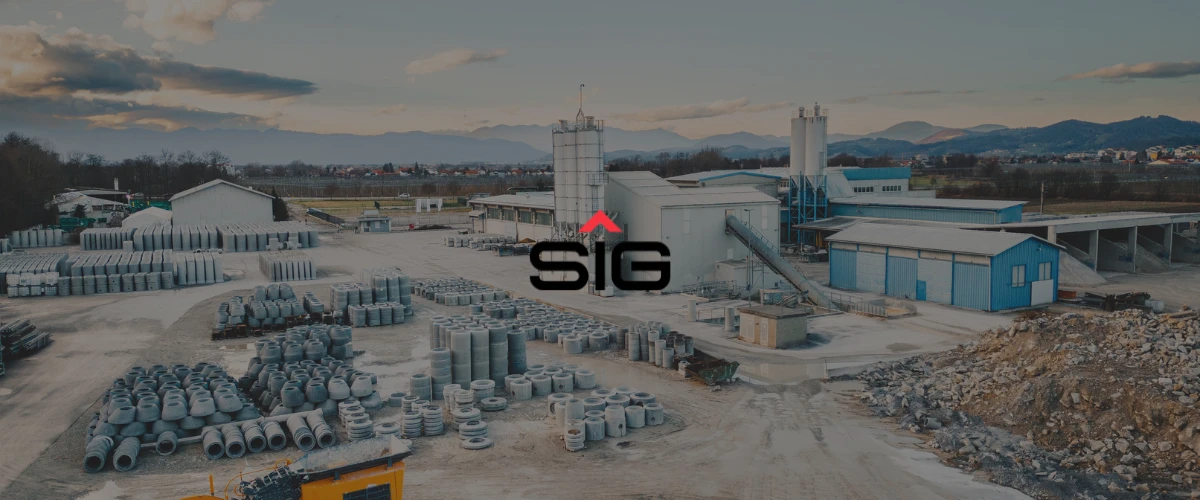In 2010, Semen Gresik (currently known as Semen Indonesia) has a total capacity of the largest cement production, i.e. 19.0 million tons or about 37% of national cement production capacity. The Company is now completing construction of a new cement plant (Plant 4) with an installed capacity of 5 million tons per year.
Their objectives are to optimize current production capacity and to build sustainable growing brand image so it is able to maintain its position as a market leader with a market share of above 45%.
PQM facilitates Plant 2 as a Pilot model, to implement the Total Productive Maintenance (TPM) fundamental pillars, such as 5S and Safety, Focused Improvement (FI), Autonomous Maintenance (AM), and Planned Maintenance (PM). By using this TPM approach, the example result taken from the Raw Mill (Roller Mill) Section can improve the OEE (Overall Equipment Effectiveness) from average 60.2%/month to 85.3%/month (an increase of 25.1%), increase the production capacity up to 36.9% through average running hours of 438 hours/month to 585.7 hours/month. TPM improvement activities also led to their MTBF (Mean Time Between Failures) increase by 134% and MTTR (Mean Time To Repair) down to 12%.
Starting in May 2011, to improve the reliability of plants by up to 30% since the characteristics of the plant are categorized as process industry and typical of maintenance activity is opportunity-based maintenance.

PQM Consultants menghadirkan In-House Training sebagai solusi untuk organisasi Anda. Dapatkan program tepat sasaran yang khusus didesign untuk organisasi Anda.